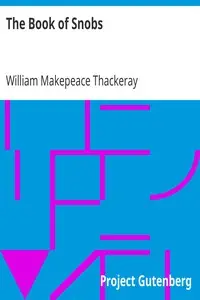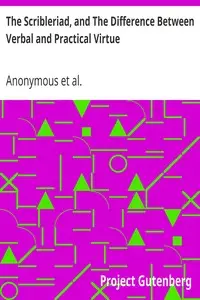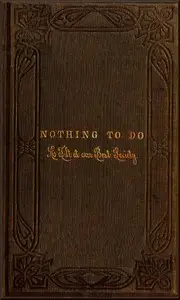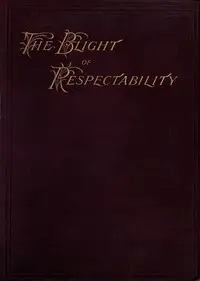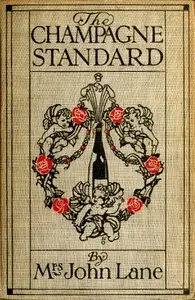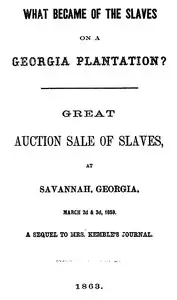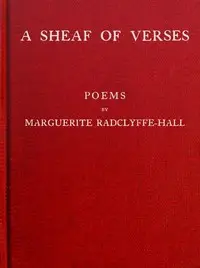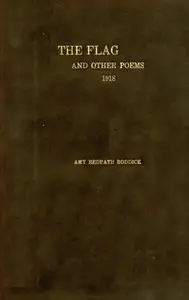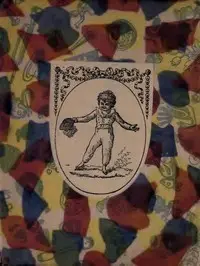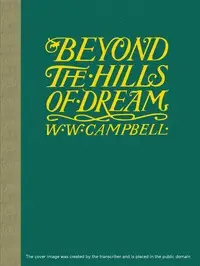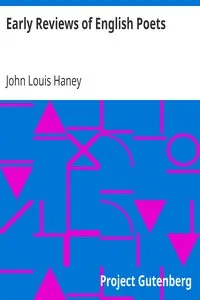"Nothing to Say" by Q. K. Philander Doesticks is a satirical poem that pokes fun at snobby attitudes and unfair opinions about money and goodness in society during the 1800s. It uses humor to look at how people judge each other based on class and how hypocritical those judgments can be. The story introduces a character which represents how society often sees rich people, unfairly painting them as uncaring and bad. As the story goes on, a character named Charity and the personification of snobbery talk, revealing examples of rich people doing good things, which goes against what people usually think. Taking readers through different scenes, Charity shows how the wealthy contribute to charity, questioning the idea that only the poor are truly good. The poem ends by thinking about what real respect and morality mean, implying that both the wealthy and the poor are important in helping others and that quick judgments can hide this truth.
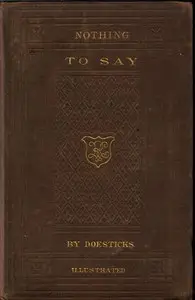
Nothing to Say A Slight Slap at Mobocratic Snobbery, Which Has 'Nothing to Do' with 'Nothing to Wear'
By Q. K. Philander Doesticks
Venture into a world where assumptions about wealth and morality are turned upside down, revealing that true honor exists beyond superficial judgments of rich and poor.
Genres
Released
2008-11-20
Formats
mobi
epub (images)
epub
epub3 (images)
mobi (images)
txt
Free Download
Summary
About the AuthorMortimer Neal Thomson was an American journalist and humorist who wrote under the pseudonym Q. K. Philander Doesticks. He was born in Riga, New York and grew up in Ann Arbor, Michigan. He attended Michigan University but was expelled along with several others either for his involvement in secret societies or for "too much enterprise in securing subjects for the dissecting room." After a brief period working in theater, he became a journalist and lecturer.
Mortimer Neal Thomson was an American journalist and humorist who wrote under the pseudonym Q. K. Philander Doesticks. He was born in Riga, New York and grew up in Ann Arbor, Michigan. He attended Michigan University but was expelled along with several others either for his involvement in secret societies or for "too much enterprise in securing subjects for the dissecting room." After a brief period working in theater, he became a journalist and lecturer.
Total Reviews
10.0k
Total reviews from Goodreads may change

